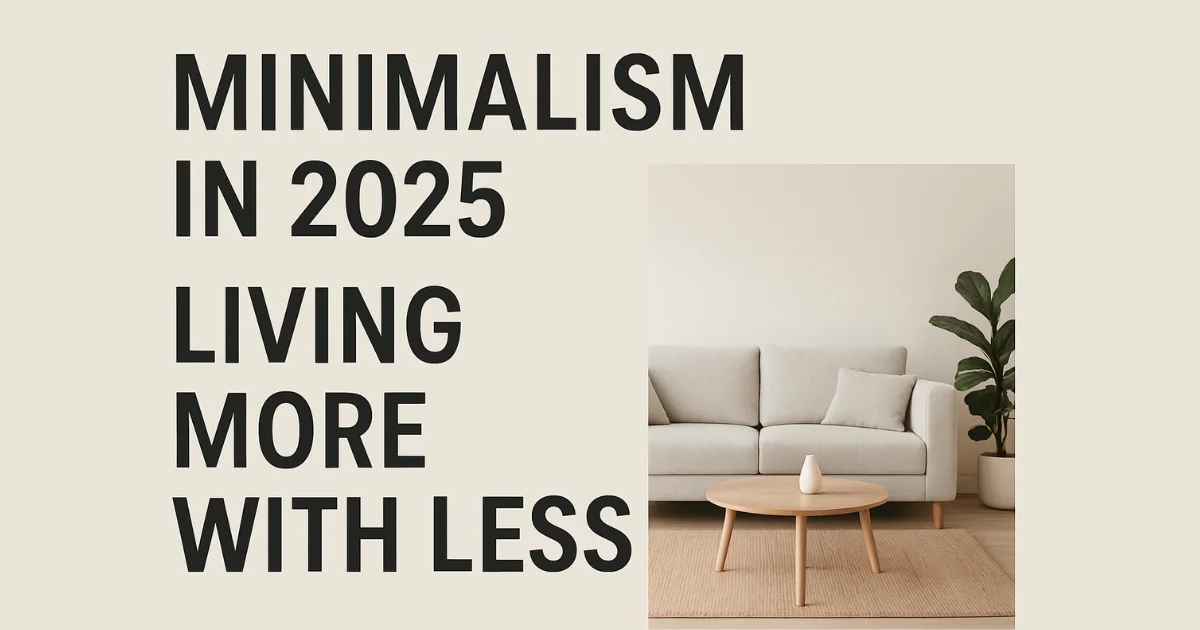Introduction: The Quiet Battle of Adult Friendships
Many adults find it hard to make new friends, even though friendship is frequently thought of as one of life’s basic joys. Friendships seem to grow easily when you’re a kid or a teenager. Playgrounds, schools, and shared activities are all good places for friendships to grow. But as people grow up, the once-busy social environment gets increasingly complicated. A lot of people want to know why it’s so hard to make friends as an adult. There are a number of psychological, social, and cultural elements that come together to make this happen.
Understanding What Adult Friendships Are Like
How Friendships Evolve from Childhood to Adulthood
Friendships in childhood are based on being able to get to know each other.
The foundation of childhood friendships is accessibility.You spend hours with classmates, teammates, or neighbors, which naturally leads to connection. In adulthood, however, relationships require deliberate effort. The organic setting of school or college is replaced with workplaces, where bonds may remain professional rather than personal.
The Role of Shared Environments in Bond Formation
Shared spaces play a crucial role in friendships. Without the frequent, repeated contact of youth environments, adults find fewer opportunities to interact.Without these natural “friendship incubators,” making new friends feels like it doesn’t belong.
Psychological and Emotional Barriers
Fear of Rejection and Vulnerability
Many adults are afraid to reach out because they think, “What if they don’t like me?” As you get older, it gets harder to be vulnerable, and rejection hurts more when your sense of self is weak.
Trust Issues from Past Experiences
Breakups and betrayals have left scars on many people. People become more cautious after these kinds of events, which makes them less open to making new relationships.
Social Anxiety and Self-Esteem Challenges
Starting new bonds can be hard for people who already have a lot of self-doubt. Adults often assume others already have established social circles, which adds to hesitation.
Problems with lifestyle and structure
Demands of a career and busy work schedules
The modern workplace takes a lot of time and effort. After working long hours, most people make time to relax or do things for their families before going out with friends. This doesn’t leave much time for making new friends.
Barriers like moving and geography
Adults have to leave their homes a lot of the time to make decisions, change jobs, or get new job offers. They have to start over with their friends and family every time they move, which makes them feel alone in new places.
Problems with lifestyle and structure
There isn’t much free time when you’re married, having kids, and taking care of other people. Having a lot of things to do can make it hard to spend time with friends, even if you don’t mean to.
Social Dynamics in Adulthood
Social Circles That Have Already Been Set Up
Adults already have established social circles, unlike when they were kids when everyone was trying to make friends. It can be scary or even unwelcome to join these groups.
Adults competing and comparing with each other
Societal pressures make people compare things like their jobs, money, or lifestyles. This competitive attitude can make it hard to really connect with others.
Changing Values and Priorities
As people mature, their interests shift. When people’s life goals change, friends who used to be close over schoolwork or hobbies may grow apart.
Technology and the Digital Paradox
Making friends online vs. making friends in real life
Technology gives us a lot of ways to connect with each other. But friendships made online don’t always have the depth and realness of friendships made in person.
Isolation or Connection on Social Media?
Social media sites like Facebook and Instagram make it easy to “stay connected,” but they also make it easy for people to talk about small things. Even though they have hundreds of internet “friends,” many adults say they feel lonely more.
Effects of Culture and Society
The shame of being alone as an adult
People, especially adults, feel bad about admitting they are lonely.Many feel embarrassed to confess they struggle with friendship, which keeps them isolated.
Differences in Friendship Norms Across Cultures
In some cultures, community life fosters close-knit bonds, while in others, independence is prioritized.When people get together, these cultural norms can help or hurt their friendships.
Practical Strategies to Build Adult Friendships
Using hobbies and interests you share to make friends as an adult
When you do things you enjoy, like sports, book clubs, or art classes, you naturally meet new people. When you have something in common with someone, you can skip the small talk and get to know them better.
Getting to know people and becoming friends by thinking about them
Some people you already know, like neighbors, coworkers, or people you’ve met, can become good friends. People who are just strangers can become good friends with a little work, like inviting them to coffee or lunch.
Expert Insights on Adult Social Connections
Having strong friendships can lower your stress, improve your mood, and even make your brain stronger.
Long-Term Effects of Being Alone on Health
Harvard Health says that being alone for a long time can make you more likely to get depressed, get heart disease, and even die too soon.
Conclusion
It might be tough sometimes, but making friends as an adult is definitely doable. If we put in the effort and stay open-minded, we can break down those walls—no matter if they’re in our heads, around us, or part of our culture. It might take a bit longer to find real friends, but when you do, they often bring so much more meaning and fulfillment to your life. Adults can totally experience genuine friendship again if they’re open to being sensitive, finding common interests, and nurturing the relationships they already have.

Business Consultant | Web designer & Developer | Social media Manager | SEO | Passionate Learner, I am deeply passionate about learning and continuously improving my skills.
My interests are diverse, ranging from music and singing to computers and programming languages, digital art, AI



